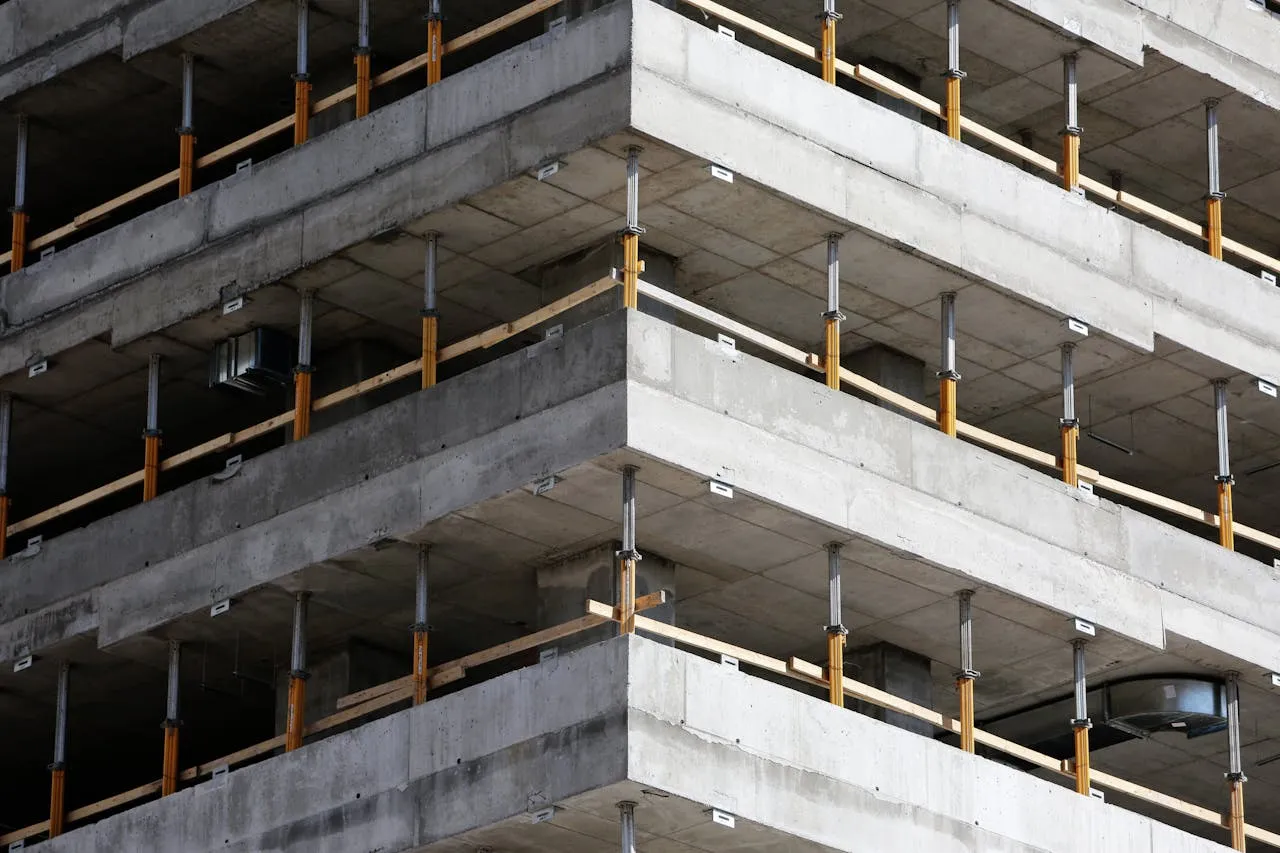
Transition Industries LLC has recently concluded a month-long series of public consultation and disclosure meetings in Mexico, presenting the results of its Environmental and Social Impact Assessments (ESIA) for the Pacifico Mexinol project. This 6,145 MT per day methanol production facility is set to be located near Topolobampo, Sinaloa, Mexico. The voluntary disclosure process adheres to the International Finance Corporation (IFC) Environmental and Social Performance Standards and reflects the company’s commitment to transparency and stakeholder engagement. This marks a significant milestone for the project, which is expected to break ground by early 2025.
The IFC-aligned ESIA, conducted by international sustainability firms RSK Group and SLR Consulting, in collaboration with Mexican environmental consultancy Bustamante + Freyre, has determined that the project’s sustainable design, innovative engineering, and risk management measures will not result in any significant environmental or social impacts. This ESIA complements the 2022 ESIA under Mexican standards, which led to a permit issuance by local authorities in 2023.
The company’s strategic community investment initiatives are also advancing. These include supporting a local indigenous university with community opportunity assessments, signing local community development agreements, and exploring partnerships focused on economic development, education, and technology.
Once operational, Pacifico Mexinol is poised to become the largest single ultra-low carbon methanol facility globally, producing approximately 300,000 MT of green methanol from captured carbon and green hydrogen, and 1.8 million MT of blue methanol annually from natural gas with carbon capture. Additionally, the project will feature a significant water solution by using municipal wastewater for all water needs, thus eliminating the need for freshwater and avoiding impacts on the Bay of Ohuira.
Pacifico Mexinol is anticipated to reach its Final Investment Decision in 2024 and commence construction in early 2025, with commercial operations expected to begin in early 2028.




